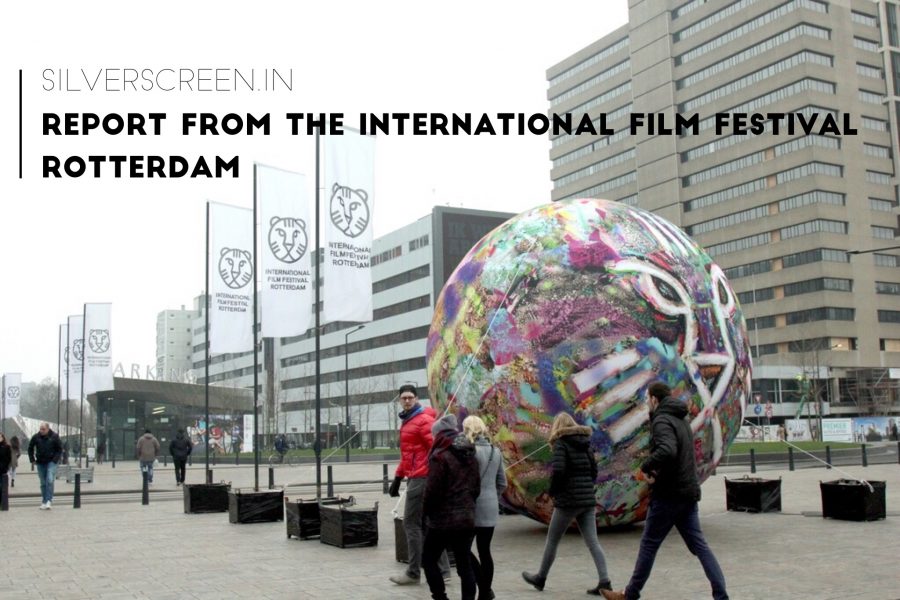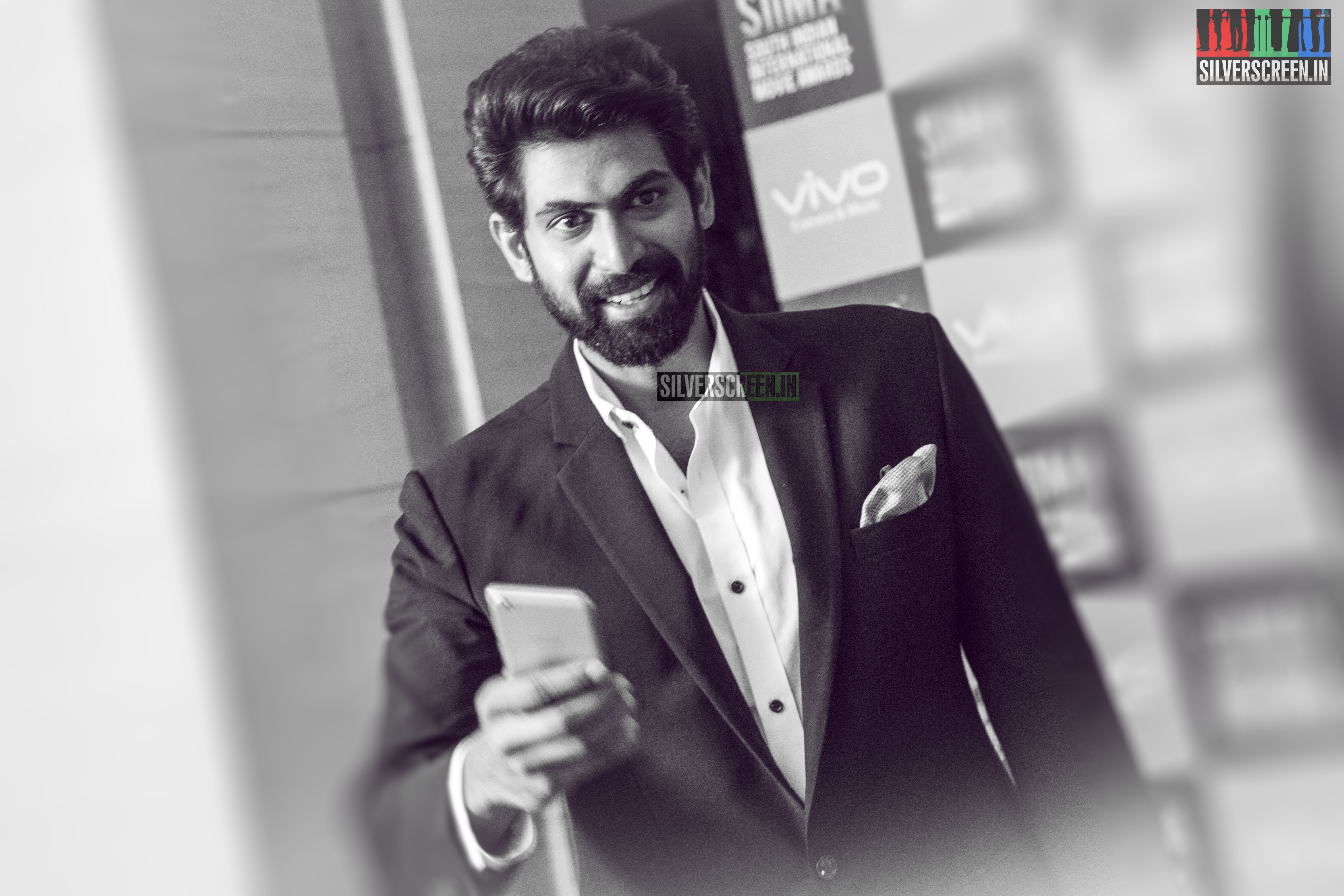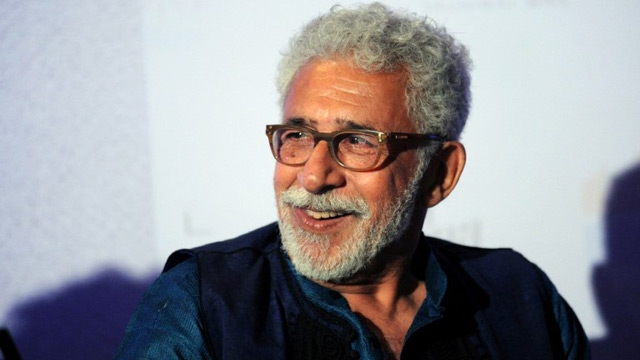“And Bela Tarr! Is he here?” the festival director Bero Beyer asks in between his inaugural address, introducing the audience to the stalwarts who are part of the IFFR’s masterclass line-up. The spotlight falls on a grey-haired man – the Hungarian master smiling uncomfortably at the sudden buzz the mention of his name draws in the hall. He will later disappear half-way through the screening of the opening film, Lemon, an American dark-comedy. “Look, Barry Jenkins!” a fellow delegate whispers, furtively pointing at another man in the row. When Beyer calls out his name, Jenkins stands up and greets the packed hall of De Doelen with a smile, basking in all that Oscar Moonlight.
The first evening at the 46th International Film Festival Of Rotterdam was a delightful mix of zest and confusion. Figuring out what is where in the sprawling festival complex, meeting festival organisers and cinephiles from different parts of the world, spotting celebrities, and wondering how many layers of clothing would suffice to combat the winter in Rotterdam.
De Doelen, the main venue of the festival, is a baronial building originally built in 1934, just a stone’s throw away from the Rotterdam Centraal. Flyers, film posters, digital boards, and giant installations of Planet IFFR are everywhere both in and around the place, reaffirming the festival’s idea of transforming the venue into a planet cinephiles can revel in. There is no red carpet, no show of blinding camera flashes. Instead, there’s a levelling space where cinema-goers and filmmakers can meet and chat informally after a screening.
An overwhelming number of young volunteers are involved in organising the 11-day-long film festival – 854. It is by far the biggest platform for independent cinema in the world. Over 500 films, feature-length and shorts, from all over the world will be screened in various categories at the festival, until it closes on February 4.
Alongside regular screenings, the IFFR features masterclasses from filmmakers like Andrea Arnold (whose American Honey was one of the most acclaimed films in 2016), Bela Tarr and Barry Jenkins. Sidebar events this year includes Black Rebels, a collage of short films, and features and installations narrating the history of black cinema in the Netherlands.
Recommended
The highlight of the festival, however, is the Hivos Tiger Awards section which showcases eight small-budget independent films directed by debutant or relatively new directors from across the world. Sexy Durga, a dark thriller directed by Sanal Kumar Sasidharan, a two-film-old filmmaker from Kerala, is competing in this section this year. Sanal’s previous film An Off-Day Game won the Kerala State Film Award for Best Feature Film in 2016.
IFFR was the first in the world to introduce initiatives like the Hubert Bals Fund and CineMart to support low-budget film projects through direct funding and by providing a common platform where filmmakers could meet industry professionals, potential producers, and distributors. This year, CineMart, IFFR’s co-production market which begins on January 29, will feature 26 projects selected from 450 applications.
The festival also has a curious section, IFFR Live, which will be held between 27 and 29 January. Six new European films will premiere in Rotterdam and in two other cinemas as far away as Tel Aviv and Singapore simultaneously. A virtual Q&A session with the filmmakers through social media will be held after the screenings.



